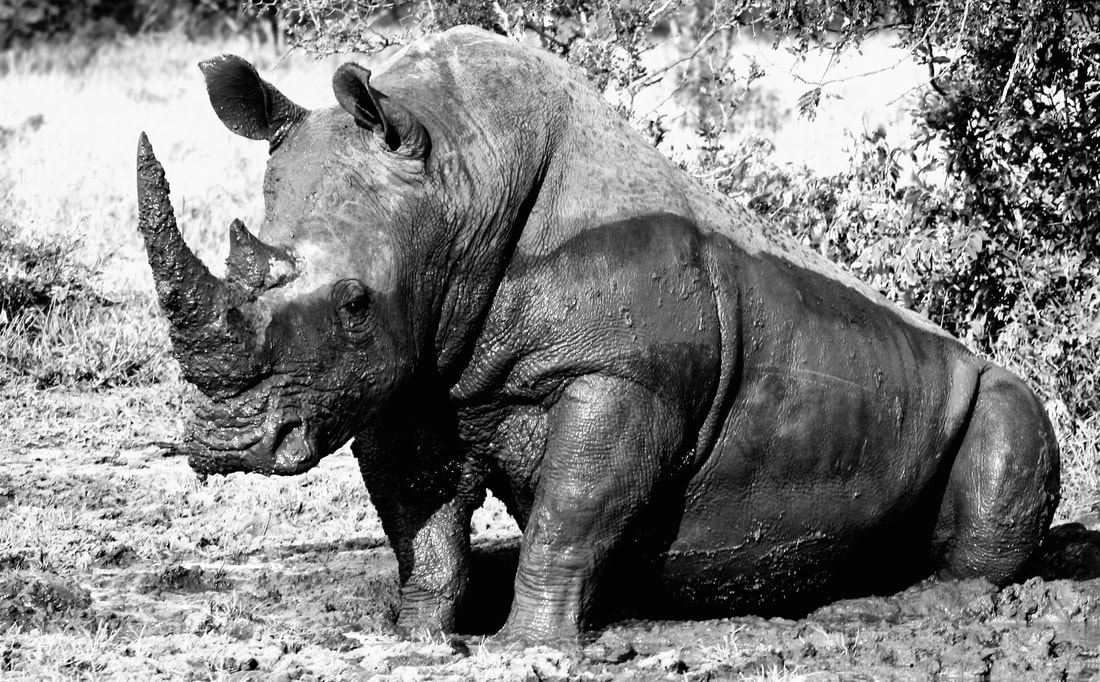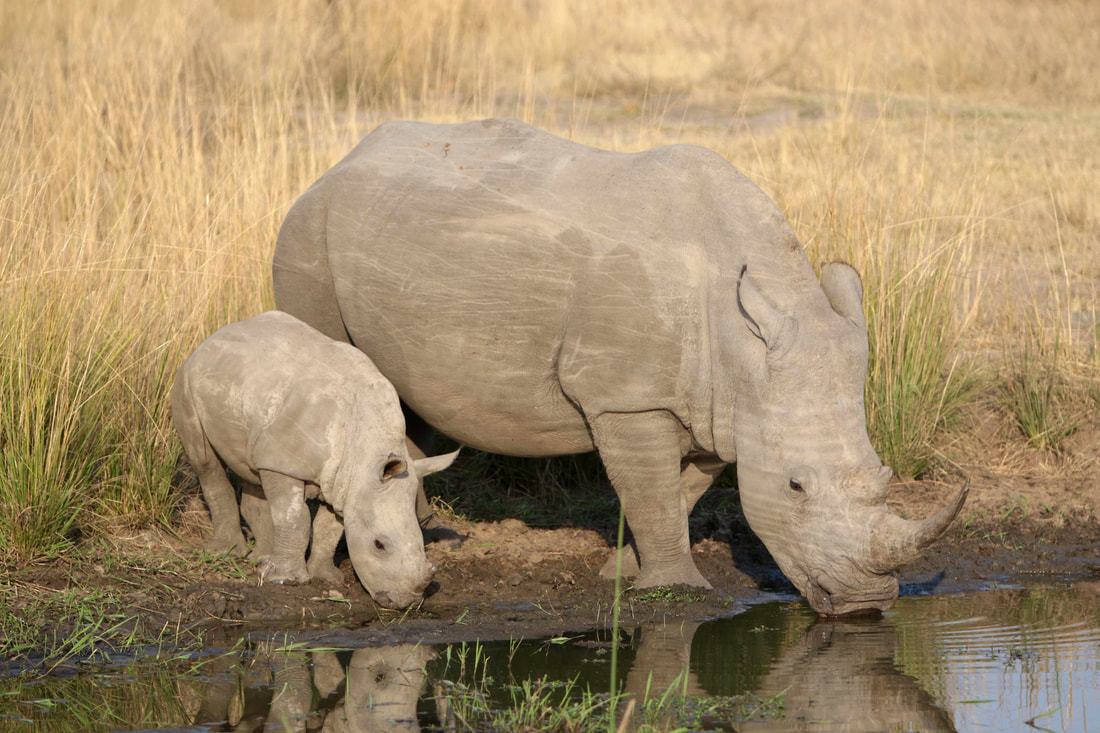|
Today marks the end of South Africa’s first online rhino horn auction. The three-day auction opened on August 23rd amidst an onslaught of publicity and controversy. The auction follows the legalisation of domestic trade in rhino horn within South Africa earlier this year. International trade in rhino horn was banned in 1977 by the Convention on International Trade in Endangered Species of Fauna and Flora (CITES) and remains prohibited today. However, domestic trade of rhino horns remained legal in South Africa until 2009 when the South African government imposed a moratorium on domestic trade in response to a rise in rhino poaching. This remained uncontested until private rhino breeders filed a lawsuit to overturn the domestic moratorium and on April 5, 2017, they succeeded by winning a court case against the South African government, thus legalising the domestic trade of rhino horn within South Africa once again. John Hume, the world’s largest rhino breeder who owns more than 1500 rhinos on his private farm, led the court appeal with safari operator, Johan Kruger. Hume also launched South Africa’s first online rhino horn auction, which is coming to a close today. Hume regularly de-horns his rhinos through a painless procedure. De-horning is done to deter poachers and has resulted in Hume stockpiling approximately five tonnes of rhino horn. This week’s auction aims to sell 264 rhino horns, totalling about 500 kg. Hume will also host a physical rhino horn auction on September 19, 2017. Rhino products can be sold to international buyers but the horns must remain within South Africa. All rhino horns are microchipped, DNA traced and entered into a national database to prevent illegal trafficking. Buyers and sellers of rhino horn are required to apply for government issued permits. South Africa is home to the world’s largest population of rhinos but is in the midst of a severe poaching crisis. Rhino horn is illegally harvested and trafficked to mostly Asian markets for traditional medicinal use. See our blog post on rhino poaching for more information. Hume argues that the auction will “raise money to further fund the breeding and protection of rhinos”. Money raised from the auction will contribute towards the spiralling security costs required to protect his rhino population. He believes that by farming rhinos as a ‘renewable resource’ (after dehorning, rhino horn grows back to its original length in two or three years), the market could be flooded (whenever international trade bans are lifted), thus reducing illegal poaching pressures. Many conservationists are opposed to the domestic sale of rhino horn within South Africa and argue that because there is little use or demand for rhino horn nationally, purchases may ultimately end up being trafficked to international markets. Legalisation of rhino horn trade within South Africa may serve as a cover for black market sales internationally and further fuel rhino poaching by creating a surge in demand that cannot be met. There are concerns that the measures put in place to track the horns and keep them within South Africa may be counterfeited and in partnership with corrupt officials, horn will be illicitly traded internationally. Advertisements for the online auction and the auction’s website were translated into English, Mandarin and Vietnamese, further provoking suspicions. Some conservationists argue that rhinos should not be farmed, as the current population of privately owned individuals cannot meet the high product demand on a regular basis. Instead, efforts should be focussed on protecting rhinos in the wild. The opposition has been so severe that hackers closed down Hume’s auction website for several days prior to the auction’s launch.
As the auction comes to a close later today, the world waits to hear the outcome and its implications for international rhino conservation.
0 Comments
Leave a Reply. |
AuthorTrevor Carnaby Archives
March 2018
Categories
All
|



 RSS Feed
RSS Feed
